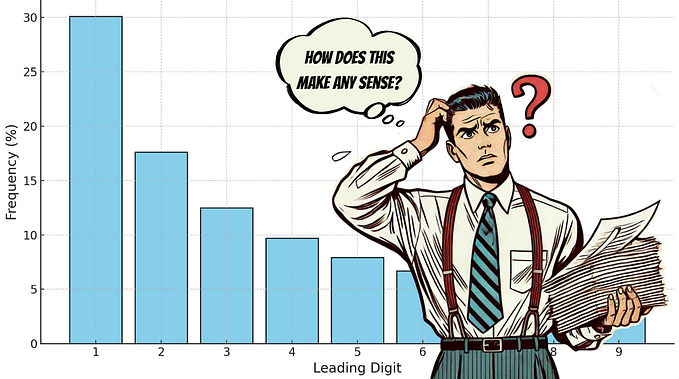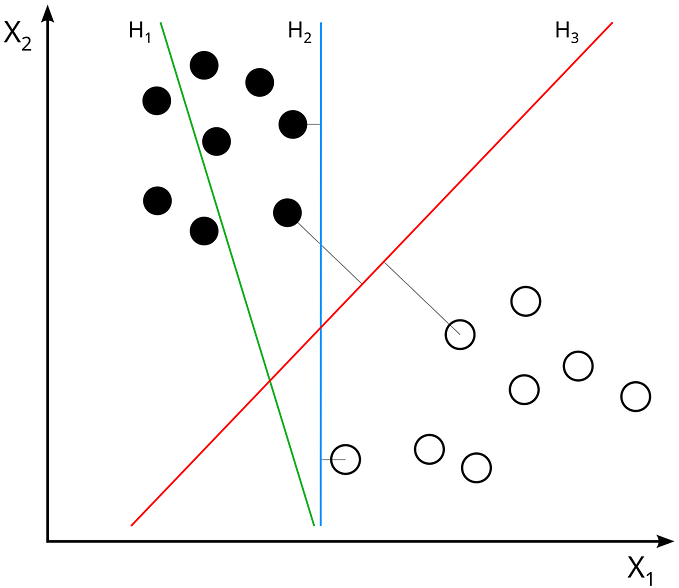
What can a PhD add to your data science career?
(And what does it cost you.)
There are many career paths towards data science. Even though the field was mostly populated by people with academic backgrounds at the beginning, this is definitely not the only valid entry point. The long-standing debate about whether or not should you have a PhD to be a data scientist has been settled: you don’t. However, a PhD can definitely provide some very unique benefits, which can enhance your work and life. In this post, my aim is to objectively provide the most important advantages and disadvantages of this path.
Before we go on, the right thing for me to do would be to introduce myself to show you that I speak from personal experience. So, I am a pure mathematician by training. I have completed all my degrees (Bachelors, Masters and PhD) in mathematics, because I loved it so much. After I finished my PhD, I joined a computational biology research group as a postdoctoral researcher, which was my gateway to machine learning. I spent the next three years applying deep learning on various cell biology problems, mainly connected to high throughput microscopy. Currently, I am working to build my startup. I know from personal experience that a PhD can be beautiful and simultaneously grueling journey. If you are before this choice, I hope that I’ll be able to provide useful information…










